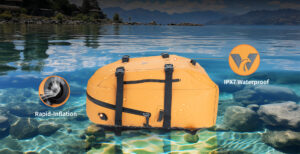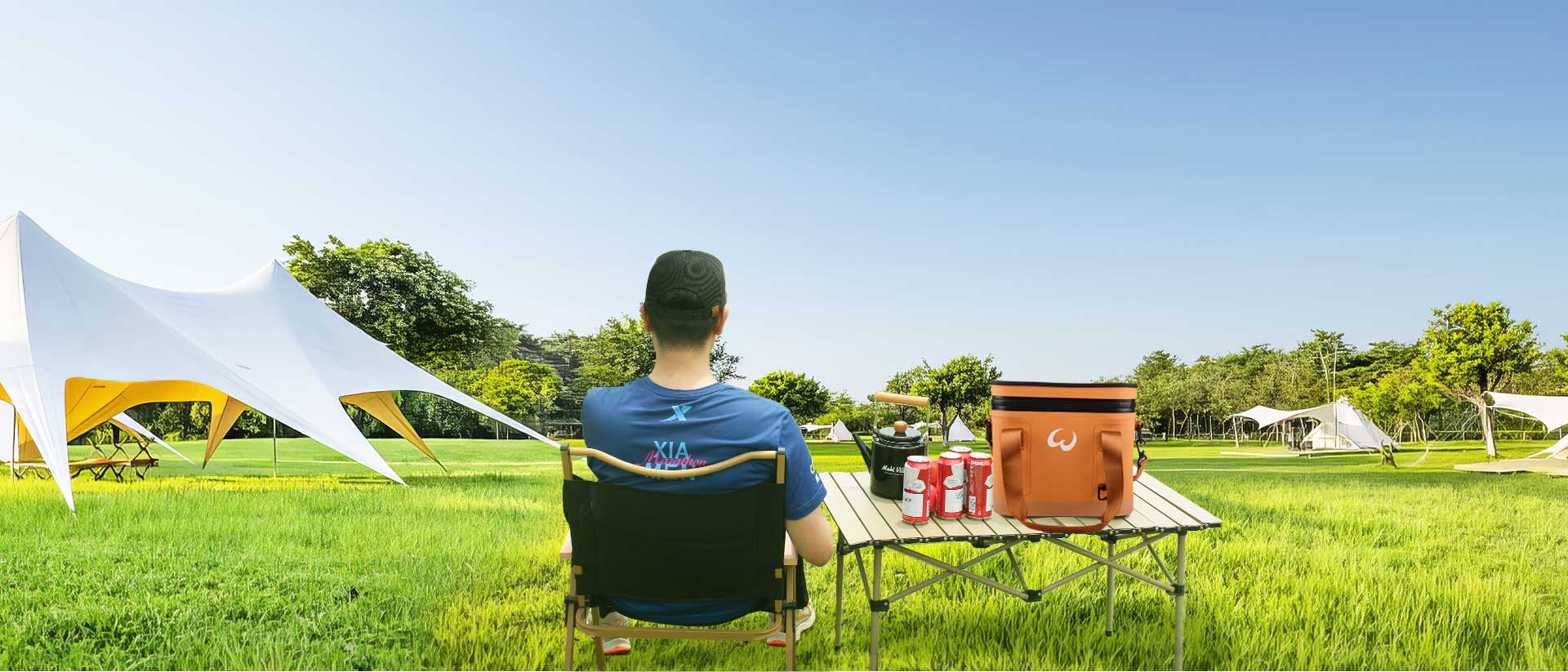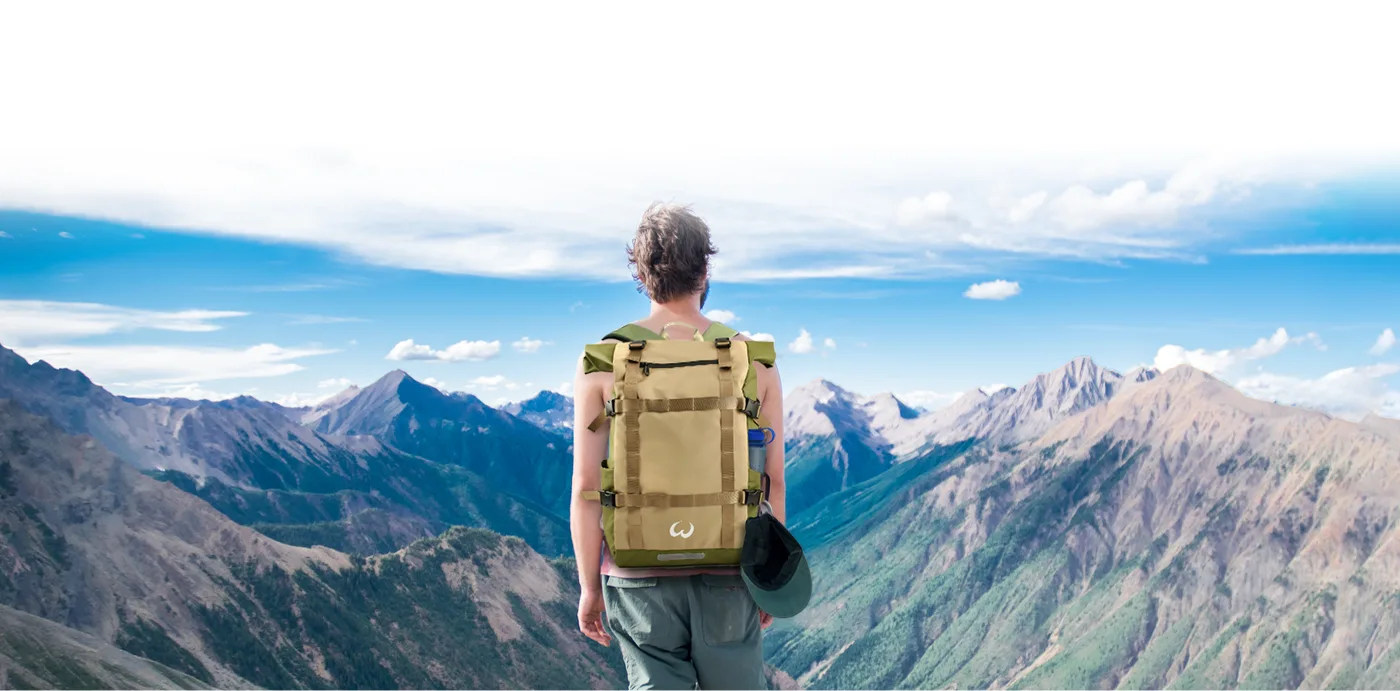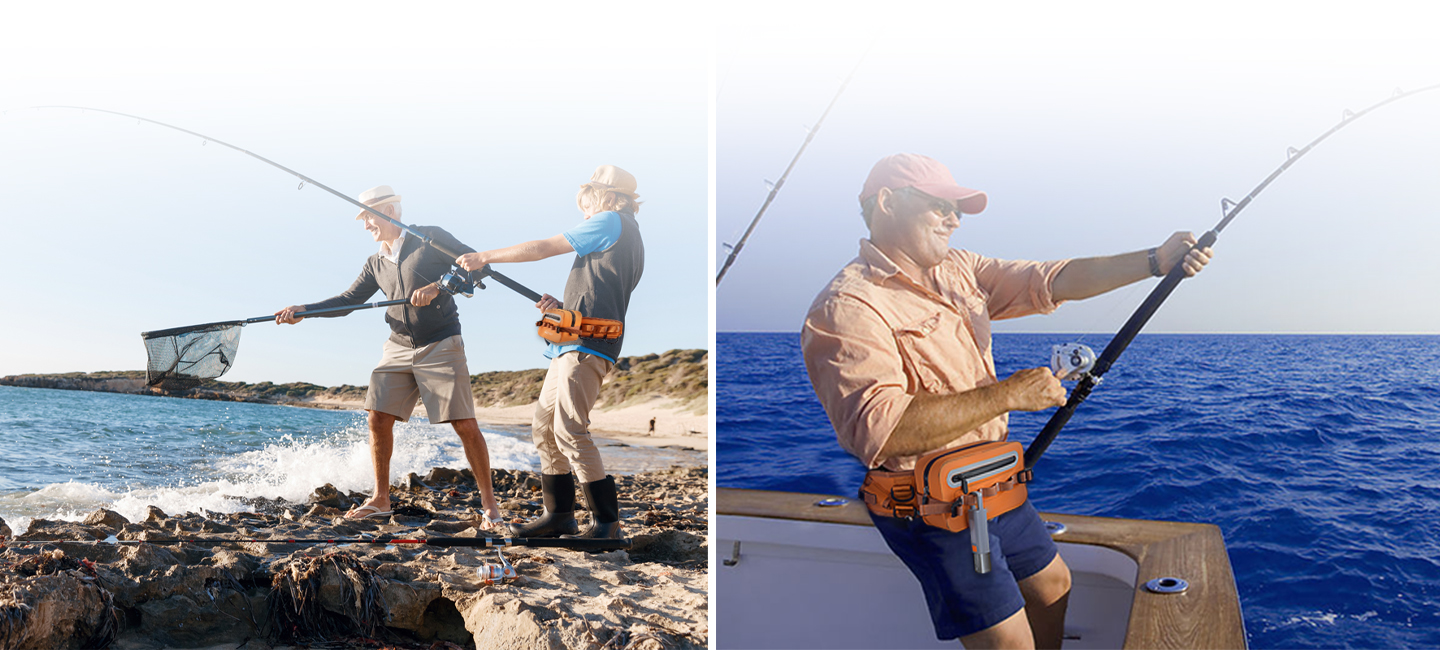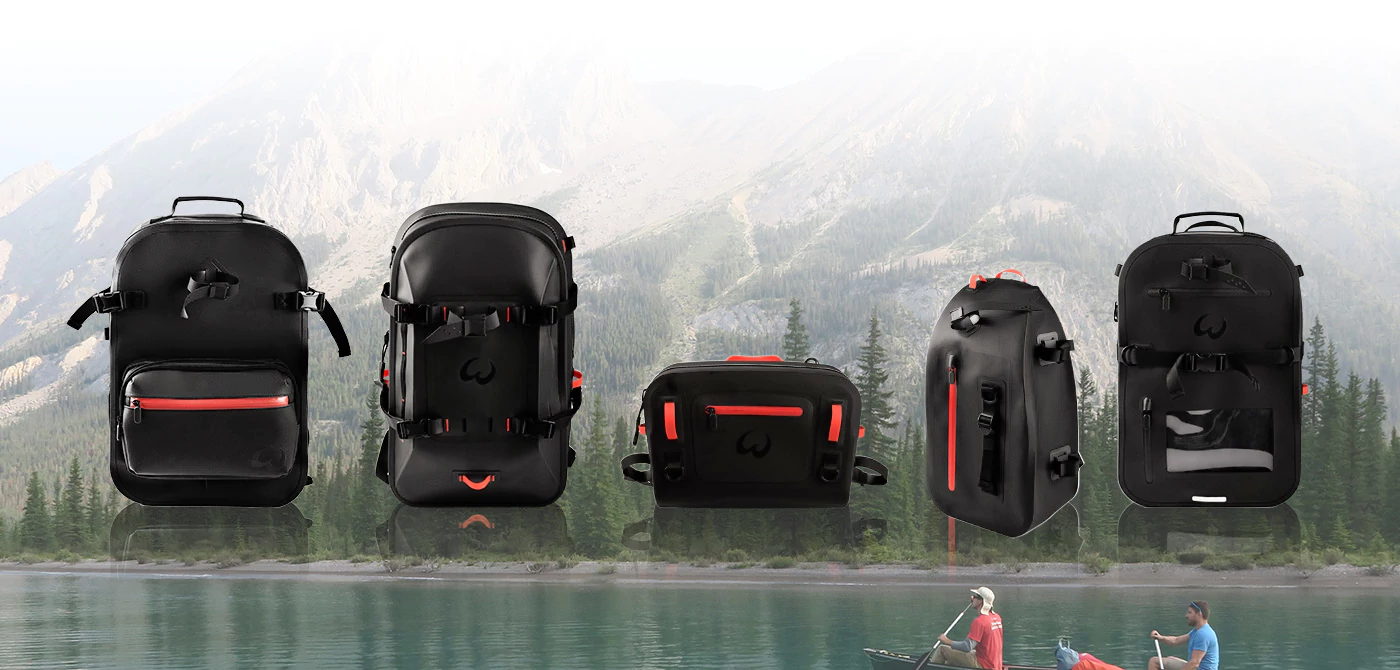For procurement managers and brand owners, a tear proof bag bulk order is not just about purchasing containers; it’s a strategic decision impacting logistics, brand reputation, and total cost of ownership. A bag that fails during transit, storage, or on the shelf leads to product damage, customer complaints, and ultimately, financial loss. The initial unit cost can be deceptive if the bags lack the structural integrity for your specific supply chain demands. This article shifts the focus from consumer features to core B2B concerns: risk mitigation, supply chain efficiency, and value engineering. We will dissect how a well-sourced tear proof bag bulk order can safeguard your operations, with a specific look at how weierken aligns its manufacturing capabilities to these critical business needs.
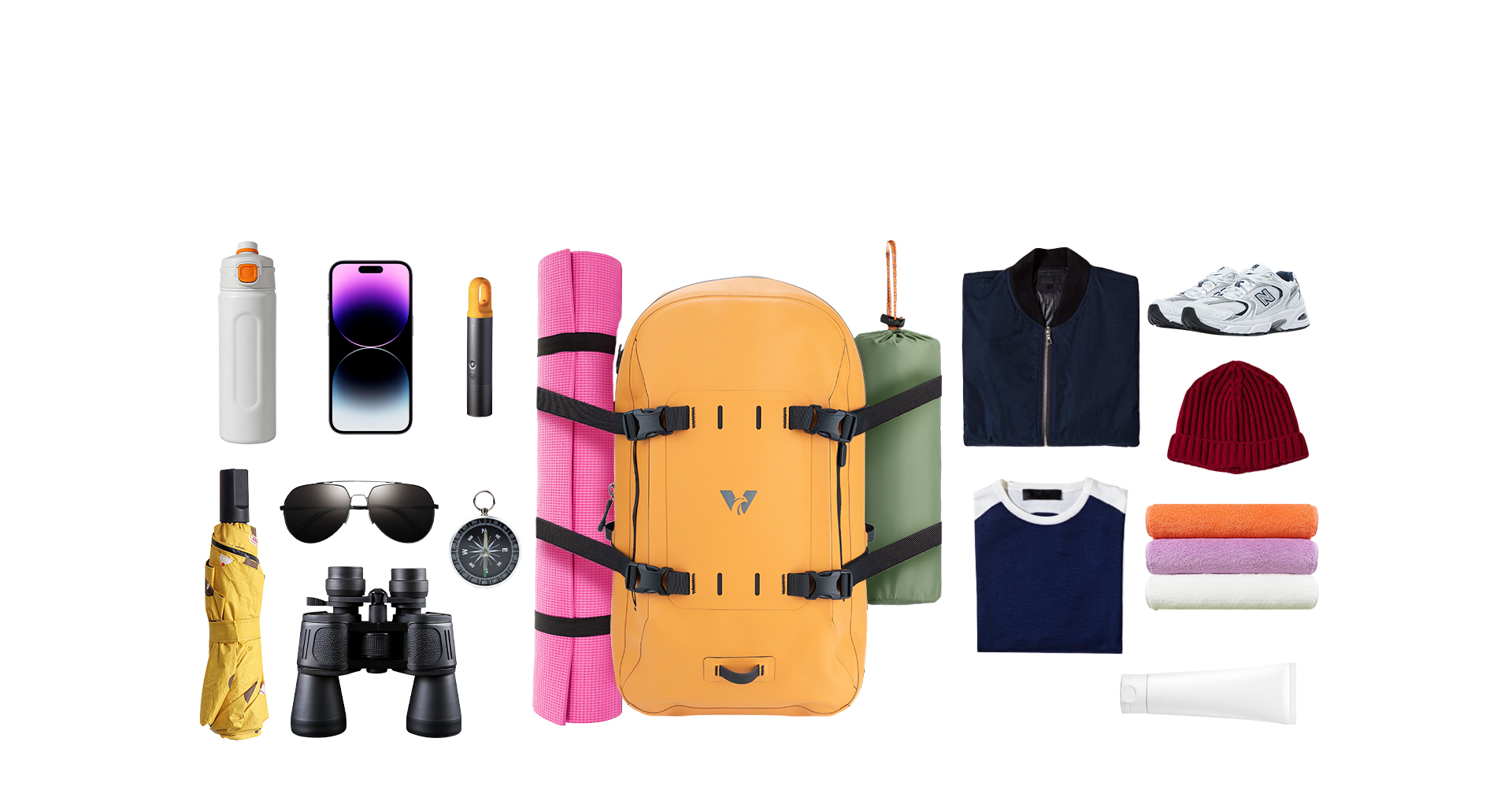
Critical Application Scenarios: Where Your Bulk Tear Proof Bags Must Not Fail
Understanding the stress points in your operation is key to specifying the right bulk order.
E-commerce Fulfillment and Last-Mile Delivery
Bags in this sector face abrasion from conveyor belts, compression in delivery trucks, and variable weather conditions. A failure here means a direct, visible product loss and an unsatisfied customer. The pain point is the high rate of returns and replacements due to packaging failure, which erodes profit margins.
Retail Storage and In-Store Handling
Bulk-packed items for retail need to withstand stacking in warehouses and repeated handling by staff. A tear can lead to inventory damage, pilferage, or a shabby shelf presence that devalues your brand. The pain point is internal shrinkage and the cost of unsellable goods.
Industrial and Component Packaging
For hardware, automotive parts, or heavy textiles, the bags must resist punctures from sharp edges and protect contents from moisture and dust in industrial environments. The pain point is production line stoppages due to contaminated or damaged components and the associated operational downtime.
Deconstructing “Tear Proof”: The Weierken Manufacturing and Sourcing Framework
The term “tear proof” is a performance benchmark, not a single material. It’s achieved through a combination of material science and manufacturing technology.
- Material Composition: This often involves layered co-extrusion or laminated structures. For instance, a blend of LLDPE (Linear Low-Density Polyethylene) with reinforcing additives creates a film that distributes stress, preventing a small nick from propagating into a major tear. weierken utilizes high-grade polymer blends and can integrate reinforced materials like woven laminates for extreme-duty applications.
- Seam Integrity: The bag’s weakest point is often its seams. Advanced heat-sealing technology ensure the seal strength matches or exceeds the tensile strength of the bag material itself. This is critical for a reliable heavy duty tear proof bag.
- Certifications as Proof: Look for manufacturers with ISO 9001 quality management systems, ensuring process consistency. For products touching food or sensitive goods, FDA or LFGB compliance is non-negotiable. weierken maintains these certifications, providing documented assurance of quality and safety.
Aligning Your Bulk Order with Core Sourcing Criteria
When evaluating suppliers for a tear proof bag bulk order, your checklist must extend beyond a simple quote.
1. OEM/ODM R&D and Customization Capability
Your packaging is an extension of your brand. A supplier must offer more than just standard sizes. True value comes from their R&D and design support. Can they help you develop a custom size with a reinforced bottom gusset for stability? Can they engineer a unique press-to-close seal for easy access? weierken provides comprehensive ODM/OEM services, from market-driven design consultation to rapid prototyping and iterative sampling, ensuring the final product is tailored to your exact operational and branding requirements.
2. Environmental Compliance and Sustainable Sourcing
The global push for sustainability is a supply chain reality. B2B buyers are increasingly mandated to source recyclable or recycled content packaging. Key points include:
- Materials: Availability of recycled tear proof bags made from RPET or PE, certified by global standards like GRS (Global Recycled Standard).
- Social Compliance: For brands supplying the EU or major retailers, a BSCI audit report from the manufacturer is often a prerequisite, verifying ethical labor practices.
- weierken addresses this by investing in sustainable material options and holding relevant certifications, future-proofing your supply chain against tightening environmental regulations.
3. Reliable Lead Times and Production Scalability
A perfect product is useless if it arrives late. Unreliable delivery time can disrupt your production schedule or marketing launches. You need a supplier with transparent production planning and the capacity to handle large volumes. weierken operates with a stated delivery cycle of 25-65 days, accommodating everything from standard bulk order tear proof bags to complex custom projects. Their production lines are scaled to manage peak-season rush orders, providing a critical buffer for your inventory planning.
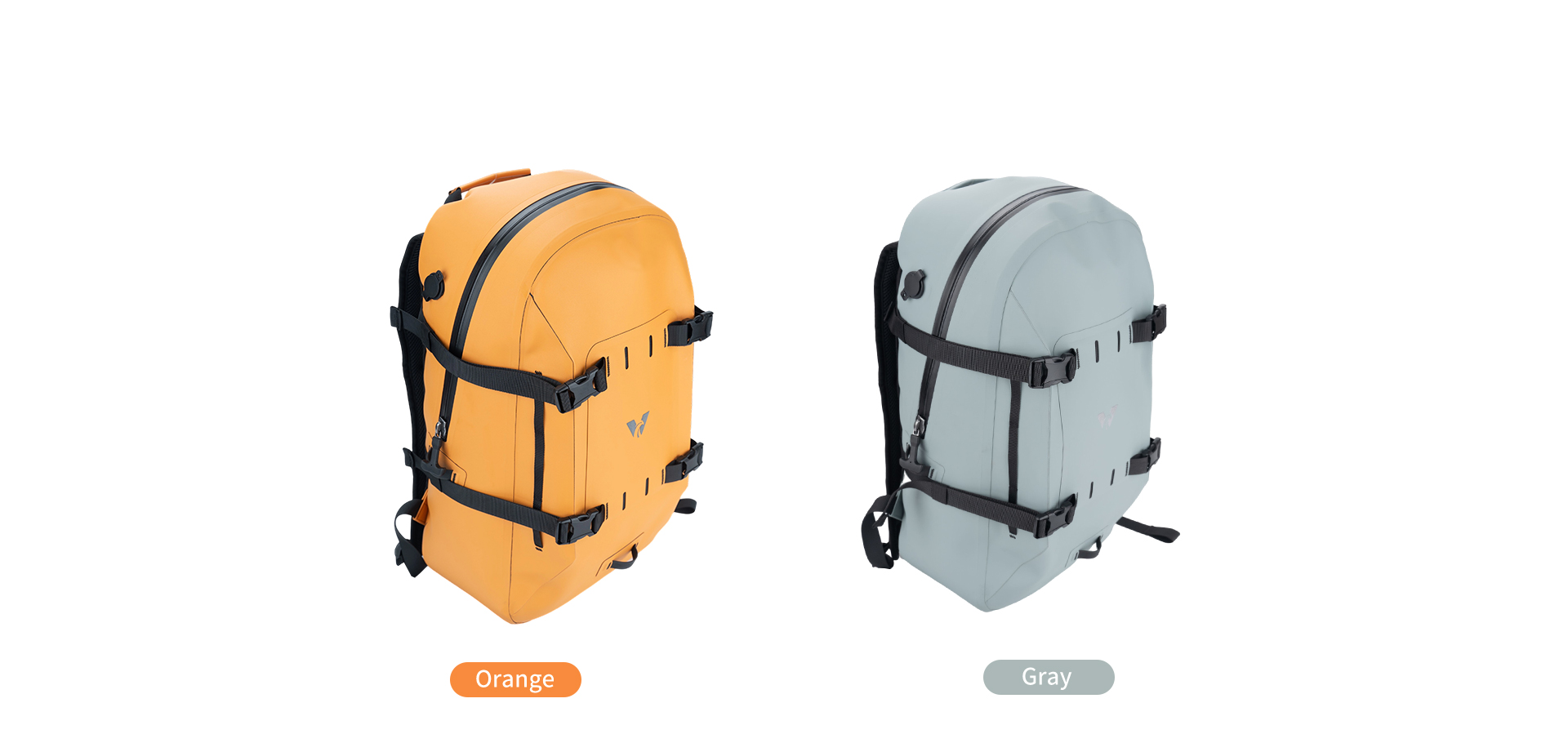
Partnering for a More Resilient Supply Chain
In the final analysis, your tear proof bag bulk order is an investment in supply chain resilience. The lowest-cost option often carries hidden expenses in product damage and brand erosion. By prioritizing a supplier that demonstrates strong R&D, robust compliance, and reliable logistics, you convert a packaging cost center into a value-added asset. weierken positions itself as such a partner, leveraging its manufacturing expertise to deliver durable, customized packaging solutions that protect your products and your bottom line.
Frequently Asked Questions (FAQ) for Your Tear Proof Bag Bulk Order
Q1: What is the typical Minimum Order Quantity (MOQ) for a custom tear proof bag bulk order?
A1: MOQs vary significantly based on the customization level (e.g., material, size, printing). For standard designs, MOQs can start from 10,000 pieces. For fully custom ODM projects with unique dimensions and material structures, a higher MOQ is standard. We recommend discussing your specific project details with a weierken account manager for a precise quotation.
Q2: Can you produce tear proof bags using recycled materials that are still durable?
A2: Yes. Advances in material processing allow for the production of high-strength bags using post-consumer recycled (PCR) content, such as RPET. While there might be a slight trade-off in ultimate tensile strength compared to some virgin materials, weierken‘s engineering team can formulate a recycled material blend that meets the durability requirements for most applications, all backed by relevant certifications like GRS.
Q3: What is the step-by-step process from concept to delivery for a new custom bag design?
A3: The process typically involves: 1) Initial consultation and requirement gathering; 2) Technical review and quotation; 3) Creation and approval of 2D/3D design mock-ups; 4) Tooling fabrication and initial sample production; 5) Sample approval and potential iterations; 6) Mass production; 7) Quality control inspections; 8) Shipping and delivery. weierken manages this process with clear milestones and communication.
Q4: How do you ensure consistency in quality across a large bulk order?
A4: Consistency is guaranteed through a combination of automated production equipment, rigorous raw material inspection, and in-process quality checks. Our ISO 9001-certified quality management system provides the framework for this. Key parameters like film thickness, seal strength, and tear resistance are monitored throughout the production run of every bulk order tear proof bag.
Q5: We have a tight deadline. What is your capacity for handling rush orders?
A5: weierken maintains a flexible production schedule and reserve capacity specifically to accommodate urgent tear proof bag bulk order requests. While lead times are project-dependent, we have a proven track record of executing rush orders without compromising on quality. Please inform us of your timeline as early as possible so we can assess and allocate the necessary resources.
